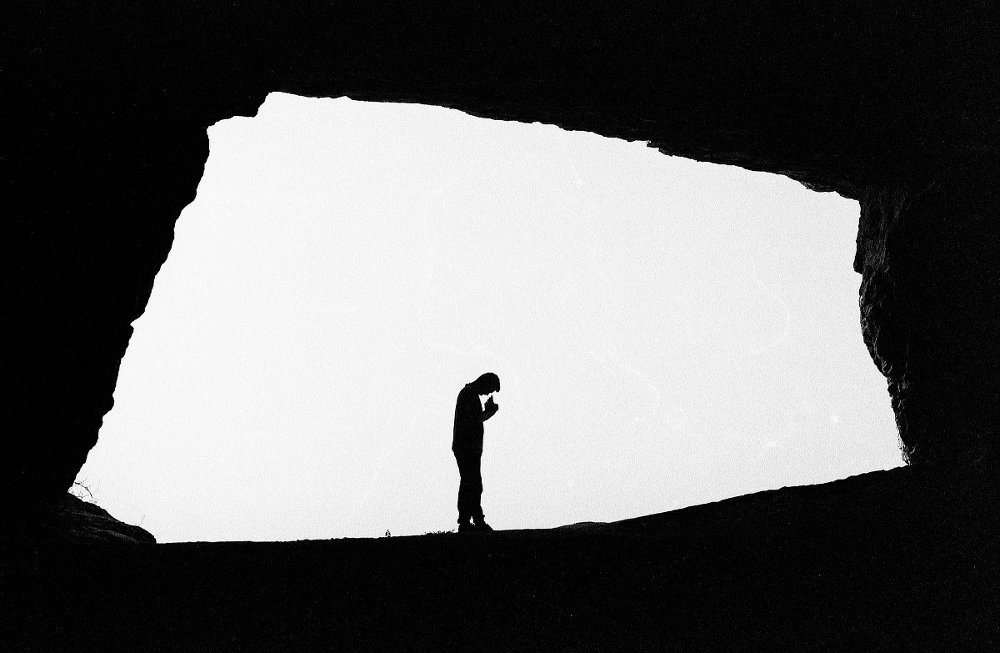“The purpose of life is a life of purpose.” Robert Bryne
“The sole purpose of human existence is to kindle a light in the darkness of mere being.” Carl Jung
“The purpose of education is to turn mirrors into windows.” Sydney Harris
You can assess how serious someone is about their stated purpose and principles when you take a look at what their priorities are. And, if you want to be really brave, you can do the same for yourself.
I’ve been thinking a lot about purpose, principles, and priorities lately. When I facilitate strategic planning sessions, I always make the point that vision, mission and goals are expressions of purpose. They define why we choose to invest in whatever career, activity, people or organization we make central to our lives. Our values are expressions of our principles—who we want to be as individuals, as organizations, or as a society—and how we want to relate to each other. I often describe principles as our anchors for decision making and our beacons for behaviors. Our priorities are expressed by what we choose to do and where we spend our time and money. As Mahatma Gandhi so eloquently summarized it, “our actions are expressions of our priorities.”
America was founded with the purpose of creating liberty and justice for all. Millions of people around the country pledge their allegiance to that purpose in schools, athletic events, and government meetings still today. And yet, based on budget allocations, the US is essentially an insurance company with a military. What does that say about our purpose? I guess you could make the argument that providing a safety net and building strong defense capabilities are, in many ways, essential to liberty and justice; but the amount of money required to fund those two functions precludes us from investing more heavily in education, civil rights, environmental protection, etc. To be clear, I’m not advocating for putting more holes in the safety net.
Our constitution was written to advance the principles of freedom and equality. In a previous post, I developed a culture audit based on the Bill of Rights. I found the exercise very enlightening. It turns out that the Bill of Rights does an extraordinary job of clarifying the principles on which this nation was founded: Freedom, National Security, Individual Security, Respect, Fairness, Objectivity, Dignity, Openness, and Trust. It seems pretty clear that those values are not particularly alive and well in our culture these days. As Dwight Eisenhower said, “A people that values its privileges above its principles soon loses both.” It seems to me that the desire for privilege has Trumped the dedication to principles big time.
In 2018, I wrote a post on principles in which I explored the question of what price we are willing to pay to stick by our principles. There is a full range of answers to that question, from Groucho Marx to Thomas Jefferson. Groucho said, “Those are my principles, and if you don’t like them . . . . well, I have others.” With a Groucho Marx philosophy, principles can be easily discarded if that means satisfying personal needs for power, prestige, or privilege.
On the other hand, Jefferson said, “In matters of style, swim with the current; in matters of principle, stand like a rock.” Thomas Jefferson concludes that principles should be the foundation on which every decision is made. I’m not sure how he reconciled that principle with enslaving people and impregnating Sally Hemings and others for all we know. I imagine, from his point of view, that in the culture and conditions of the time, he actually believed those choices were all within his rights as a white male. But that’s an entirely different issue. Thankfully, culture and conditions do change . . . . although way too slowly.
In 2022, I wrote a post on priorities in which I explored the question of how we choose which priorities are most important and urgent, e.g. preserving democracy, preventing disease, reducing deficits, or addressing climate change in serious and genuine ways. I suggested that we need to make distinctions between what’s essential and what’s existential.
It finally dawned on me that, instead of writing about each of these 3Ps separately, they need to be considered holistically. And thus this post.
Let’s start with purpose. Robert Byrne, an American chess Grandmaster, said
“The purpose of life is a life of purpose.” My take on that statement is that it’s important to have a guiding North Star or you run the risk of engaging in random actions your whole life. Purpose needs to precede action in everything we do. It’s a matter of living your life deductively instead of inductively, i.e. starting with the end in mind.
Carl Jung said, “The sole purpose of human existence is to kindle a light in the darkness of mere being.” I like that interpretation because it is consistent with my own beliefs. To me, we either add to the darkness already existing in the world through violence or silence, or we shed light on and bring light to whatever situation we face in whatever way we can.
Sydney Harris, an American journalist for the Chicago Sun-Times and a prolific author, said, “The purpose of education is to turn mirrors into windows.” I love this definition because it captures so simplistically the differences between living in an echo chamber or a glass house. Echo chambers are bastions of certainty that reflect (mirror) and reinforce our own ideas. These tribal chambers lead insidiously to conformity cages, cult clubs, and comfort caves. In echo chambers, we build walls around old ideas instead of windows into new ones. Glass houses, by contrast, make us transparent, open, and vulnerable. Willingly opening windows to a plethora of possible perspectives instead of wistfully gazing into mirrors of narcissistic narratives also requires humility and curiosity, the two key pillars of learning.
With that brief, theoretical overview, let me share a practical example that may ground the ideas in reality.
In my small town in Northern Michigan, the governing body, our Village Council, recently adopted clear statements of purpose through their vision, mission, and goals. These statements were not made cavalierly. Over a two-year period, with the help of a consultant (13 Ways), we engaged the community in a deep reflection about who we are and who we want to be. Here is a succinct summary of the products that evolved from that effort:
Vision: Elk Rapids is a year-round community offering prosperity and an amazing quality of life for all.
Mission: Ever mindful of future generations, our mission is to cooperate across organizational and regional boundaries to achieve social, economic, and environmental resilience for the Elk Rapids area.
Goals:
- Municipal Health: increase intergovernmental and regional cooperation, efficiency, and effectiveness.
- Economic Health: strengthen, and make sustainable, a regional economy through rural readiness community programs and connectivity.
- Community health: improve the health and well-being of all residents in the region.
- Environmental health: enhance stewardship and access to the outdoors.
The community also defined its principles by agreeing to a set of shared values and norms to guide strategic direction and day-to-day operations:
Communication and Engagement. We listen. We communicate with intention and visibility. Our communications are clear and simple. We communicate through a variety of media. We include residents in conversations and decisions regarding the community’s future.
Talent and Volunteerism. We attract and retain talent. We build skills and expertise. We adhere to selection practices. We employ the best training practices. We are forward-thinking. We are responsive. We adhere to ethical principles. We welcome diversity of thought. We celebrate the power of teamwork.
Trust. We foster an environment where all employees, volunteers, and trustees act with integrity, honesty, and fairness. We feel trusted and respected. Residents are valued more than tourists.
Inclusive Community. We are committed to improving inclusivity and diversity to ensure long-term success. We are committed to improving housing affordability and asset planning. We are a community committed to families, seasonal workers, professionals, seniors, semi-retirees, and visitors.
Community Investment. We attract the right investments for the region. Our investments are aligned with intentional direction and growth for a prosperous future. We are a sustainable community. Our businesses are successful. Our school systems are successful.
Collaboration. We pool regional resources. We work together to address labor, housing, water, recreation, economic, and environmental issues. We are focused on long term solutions that ensure the prosperity of the citizens and businesses in the region.
While the purpose and principles feel absolutely right to me, the real challenge, as we move forward, will be to ensure that our priorities support the vision, mission, and goals and are aligned with the stated values over time. Our actions will enable us to assess how serious we are about the stated purpose and principles.
I’m hoping, as individuals, as organizations, and as a global village with lots of armed and warring tribes, that we will pause long enough to consider why we are here and who we are as human beings and as a civilization. And I’m hoping that we can align our priorities to reflect our true purpose and primary principles so that we can be flames of light in the darkness of being. May it be so.
Also published on Medium.




May it be so indeed!